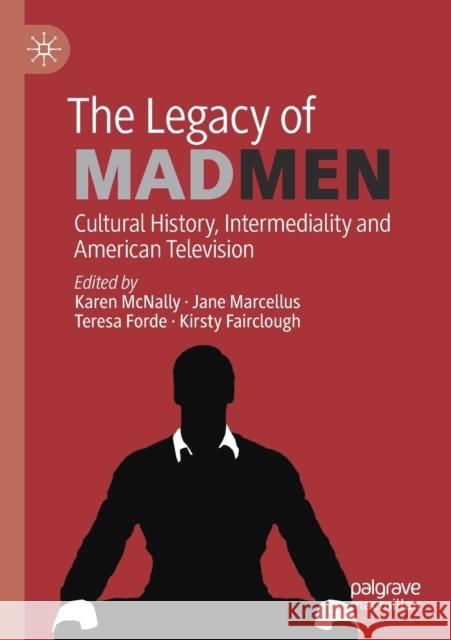topmenu
Wyniki wyszukiwania:
wyszukanych pozycji: 3
 |
Business Girls and Two-Job Wives: Emerging Media Stereotypes of Employed Women
ISBN: 9781572739895 / Angielski Termin realizacji zamówienia: ok. 22 dni roboczych. This new book is an historical examination of how popular magazines portrayed wage-earning women during the critical interwar years, 1918-1941. Although women had been entering the workplace for some time, their contributions to World War I, the passage of women's suffrage, postwar business expansion, and changing social mores put the cultural conversation over women's employment into high gear. Meanwhile, magazines were becoming more visual, more commercial, more affordable-and more influential. Young women looked to magazines for advice that they had previously gotten at home, while ads...
This new book is an historical examination of how popular magazines portrayed wage-earning women during the critical interwar years, 1918-1941. Althou...
|
cena:
116,78 |
 |
Business Girls and Two-Job Wives: Emerging Media Stereotypes of Employed Women
ISBN: 9781572739888 / Angielski Termin realizacji zamówienia: ok. 22 dni roboczych. This new book is an historical examination of how popular magazines portrayed wage-earning women during the critical interwar years, 1918-1941. Although women had been entering the workplace for some time, their contributions to World War I, the passage of women's suffrage, postwar business expansion, and changing social mores put the cultural conversation over women's employment into high gear. Meanwhile, magazines were becoming more visual, more commercial, more affordable-and more influential. Young women looked to magazines for advice that they had previously gotten at home, while ads...
This new book is an historical examination of how popular magazines portrayed wage-earning women during the critical interwar years, 1918-1941. Althou...
|
cena:
262,86 |
 |
The Legacy of Mad Men: Cultural History, Intermediality and American Television
ISBN: 9783030310936 / Angielski / Miękka / 2020 / 280 str. Termin realizacji zamówienia: ok. 16-18 dni roboczych. |
cena:
442,79 |










